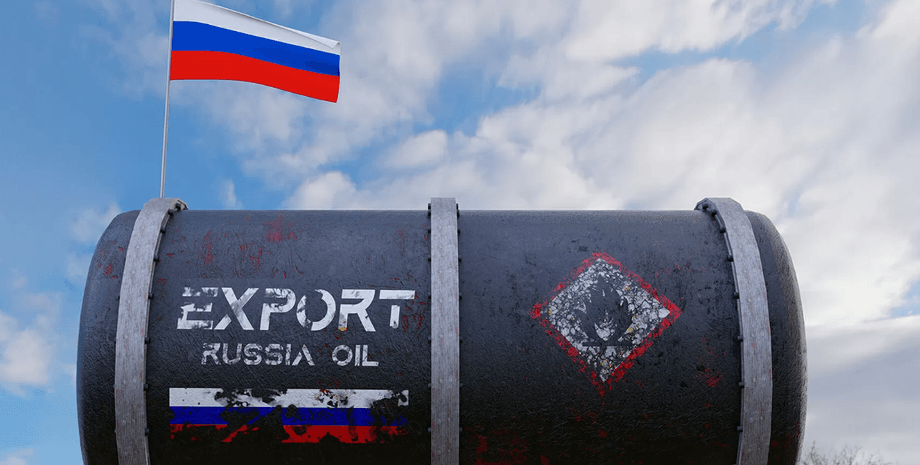
 By Eliza Popova
By Eliza Popova
The country receives about 2 million barrels of Russian crude a day, or 20% of total imports, so China's state-owned oil refineries are facing increased pressure from the new restrictions.
Chinese and Indian companies, in case of violation of the sanctions imposed by the United States, the European Union and Great Britain, risk losing access to dollars, Western banking systems, manufacturers, traders, carriers and insurers that form the basis of global commodity markets, as well as being excluded from a large number of projects in major oil-producing regions such as the Middle East and Africa.
On the other hand, if they comply with the sanctions, they will lose oil supplies that have helped keep energy prices low for industry and consumers. According to journalists, the long-term contract between "Rosneft" and the state-owned China National Petroleum Corp. plays a central role in large-scale trade between Russia and China. It involves the purchase of Russian ESPO crude oil via pipelines to refineries in the landlocked northern Datsin region.
Dependence on Russian raw materials makes these enterprises vulnerable to any supply interruptions. About 800,000 barrels per day are pumped through these pipelines, but it is not known whether their work will be affected by the new anti-Russian sanctions. Rosneft and Lukoil also export oil to Chinese private refineries in Shandong province.
According to the analytical company Kpler, during the past year about a quarter of the total Russian exports to China were made up of the oil of these companies. Also, according to Bloomberg, due to the strengthening of US sanctions, the flow of Russian oil to India is running out. Senior executives at Indian oil refining companies told reporters anonymously that the latest restrictions announced by Washington would make continued supplies of energy virtually impossible.
According to the authors of the article, in the short term, the new anti-Russian sanctions will affect crude oil orders during the next week: the energy carriers, which will be loaded in November and delivered in December, will mainly come from other directions. Negotiations regarding Russian Urals cargoes have been suspended since mid-October, when US President Donald Trump announced that Indian Prime Minister Narendra Modi had promised to stop buying oil from Russia.
At the same time, Rachel Zimba, an analyst at the Center for a New American Security in Washington, notes that the impact of sanctions against Lukoil and Rosneft can be muted by the widespread use of illegal financial networks. "So it really boils down to whether China and India are afraid of further escalation of secondary sanctions," she said. The USA introduced new sanctions against the Kremlin in the evening of October 22.
The two largest Russian oil companies — "Lukoil" and "Rosneft" — came under significant restrictions. The press release of the US Treasury Department states that the decision was made due to Russia's "lack of serious commitment to the peace process to end the war in Ukraine. " US President Donald Trump announced on October 22 that he had canceled a meeting with Russian President Vladimir Putin that was supposed to take place in Budapest.










All rights reserved IN-Ukraine.info - 2022